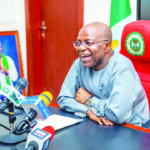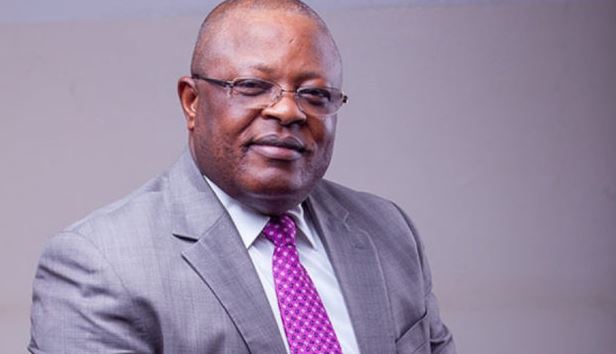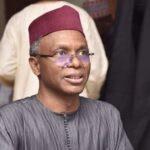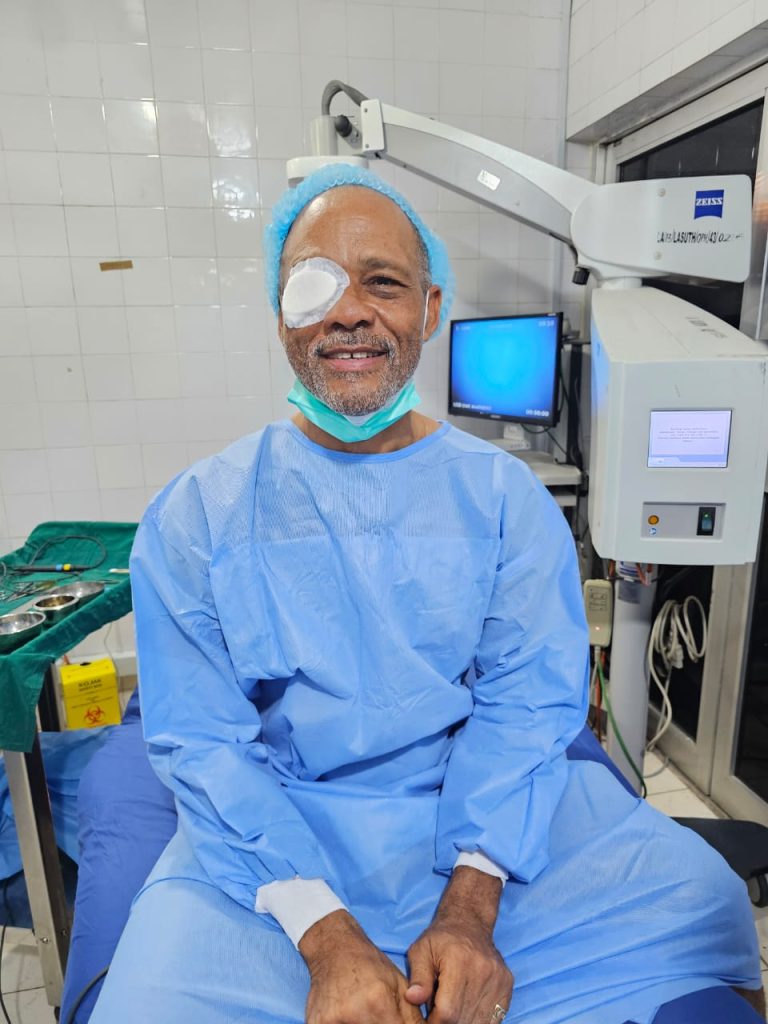The Minister of Works, Dave Umahi has confirmed that funding for the Lagos-Calabar coastal road project was included in the 2025 appropriation bill.
This comes after reports emerged that the project was not listed in the 2025 budget, which was presented by President Bola Tinubu to the National Assembly in December 2024.
In January 2025, BudgIT, a civic-tech organization advocating for transparency, pointed out that the funding for the Lagos-Calabar coastal highway was missing from the appropriation bill, sparking mixed reactions on social media. Many questioned the rationale behind the federal government demolishing properties for the project without allocating the necessary funds.
Speaking on Thursday, January 16, during the inauguration of the rehabilitation of the Abuja to Kaduna road, Umahi clarified that the coastal project was mistakenly written in the budget as the “Lagos-Port Harcourt” highway. The minister explained that his ministry was working with the National Assembly to correct the error.
“I think there was a little error. What you have in the budget is Lagos-Port Harcourt coastal highway,” Umahi said. “It is supposed to be the Lagos-Calabar coastal highway. We are interfacing with the committee chairman to correct it. It is a mistake.”
Further checks revealed that N100,000,000 was allocated under a line item labeled “Lagos-Port Harcourt coastal highway,” with the status listed as “ongoing.” In February 2024, the federal executive council approved the construction of the Lagos-Port Harcourt-Calabar highway for Hitech Construction Africa, a company owned by Gilbert Chagoury.
The federal government began construction of the highway at the Lagos axis in March 2024, and in May 2024, President Tinubu flagged off the 700-kilometer Lagos-Calabar coastal highway.
Umahi had previously stated that the coastal project would cost N4 billion per kilometer and emphasized that the project was not intended as a public-private partnership (PPP) but rather an engineering procurement and construction (EPC+) structure, meaning the federal government would be responsible for providing counterpart funding. The destruction of several multi-million-naira properties at the Lagos axis to begin the project has raised concerns and sparked controversy.



























